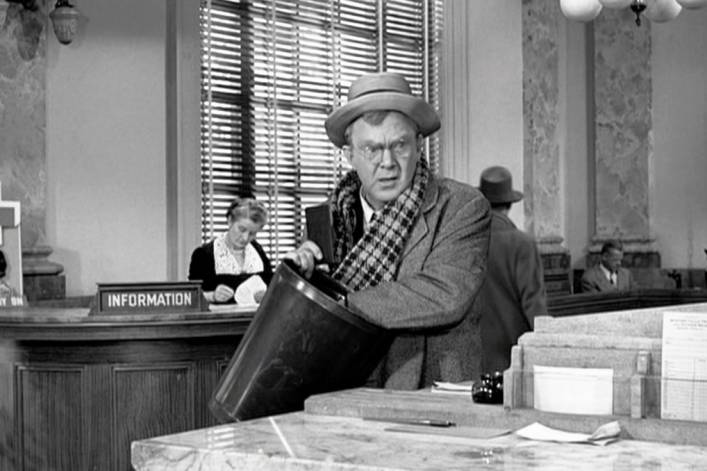I lost the actual paper copy of my co-op's stock certificate—is there a way for me to replace it?

Q: I own a co-op, and have misplaced my stock certificate. What do I have to do to get it re-issued?
A: If you have indeed lost your apartment's stock certificate, you've likely got some pricey paperwork headaches on the horizon. But first, check with your mortgage lender, if you've got one, say our experts.
"As odd as it may sound, the first question to ask is whether or not the shareholder has a loan on the apartment, i.e. a security agreement with a bank," says Dean Roberts, a real estate attorney specializing in co-op and condo law at Norris McLaughlin & Marcus. "As a condition of these security agreements, i.e. a mortgage for co-op, the bank takes possession of the stock and proprietary lease as security for the loan. So the first place to look would be with the lender, if there is one, as it is highly likely they have [it]."
A brief note on why these pieces of paper are so all-important: unlike buying a condo or house, where you have a deed that gets publicly recorded, with a co-op, you're technically buying shares in the co-operative and the proprietary lease, and this paperwork is an acknowledgement of who owns said shares, as the New York Times has reported. Since the transfer of shares doesn't get publicly recorded, your stock certificate is the only document making your ownership official.
If you don't have any financing on your apartment, your next steps will depend heavily on your co-op building's policies, so reach out to your building's managing agent to see what's required. "The usual procedure is for the shareholder to execute an affidavit of lost stock," says Roberts.
In an affidavit like this, you'll be swearing that the stock certificate was truly lost, that you've made a diligent search for it, and that you haven't "pledged it as collateral for a loan or transferred [the stock certificate]," says Kevin R. McConnell, an attorney with Himmelstein, McConnell, Gribben, Donoghue, & Joseph. "In the affidavit, the shareholder will also be required to return the stock certificate if found, and indemnify the Apartment Corporation against any losses if a third party claims an interest in the stock certificate," McConnell adds.
On top of that, some buildings will require you to take out either a common type of title insurance policy (known as an Eagle 9) Eagle 9 title insurance policy,—or post a bond (or both), says Jeffrey Reich, an attorney with Schwartz, Sladkus, Reich, Greenberg Atlas LLP. "These provide additional assurance that in the event there is a claim brought against the apartment corporation for issuing the new stock certificate, there is a pocket of money (either the title insurance company in the case of the Eagle 9 policy, or the bonding company in case of the bond) to cover any indemnification obligations the shareholder may have," he explains.
Compass broker Shirley Hackel says that bonds can cost up to three percent of the apartment's sale price, and insurance around 1.25 percent of the sale price. Additionally, in the process of obtaining a bond, Reich notes that there's generally a good amount of paperwork involved, along with a fee, which can be up to 10 percent of the amount of the bond.
One last hassle: You'll likely have to cover the cost of having the certificate re-issued. These fees tend to vary greatly depending on the building, and Roberts notes that depending on your co-op, they can be as high as one percent of your apartment's value.
All of which is to say that next time around? Put your stock certificate in a safe deposit box.
Related:
Our lawyer missed some big red flags about our co-op building. What can we do about it?
I'm moving from a co-op to a rental. What will happen to my insurance?
Trouble at home? Get your NYC apartment-dweller questions answered by an expert! Send us your questions.
See all Ask an Expert.


























